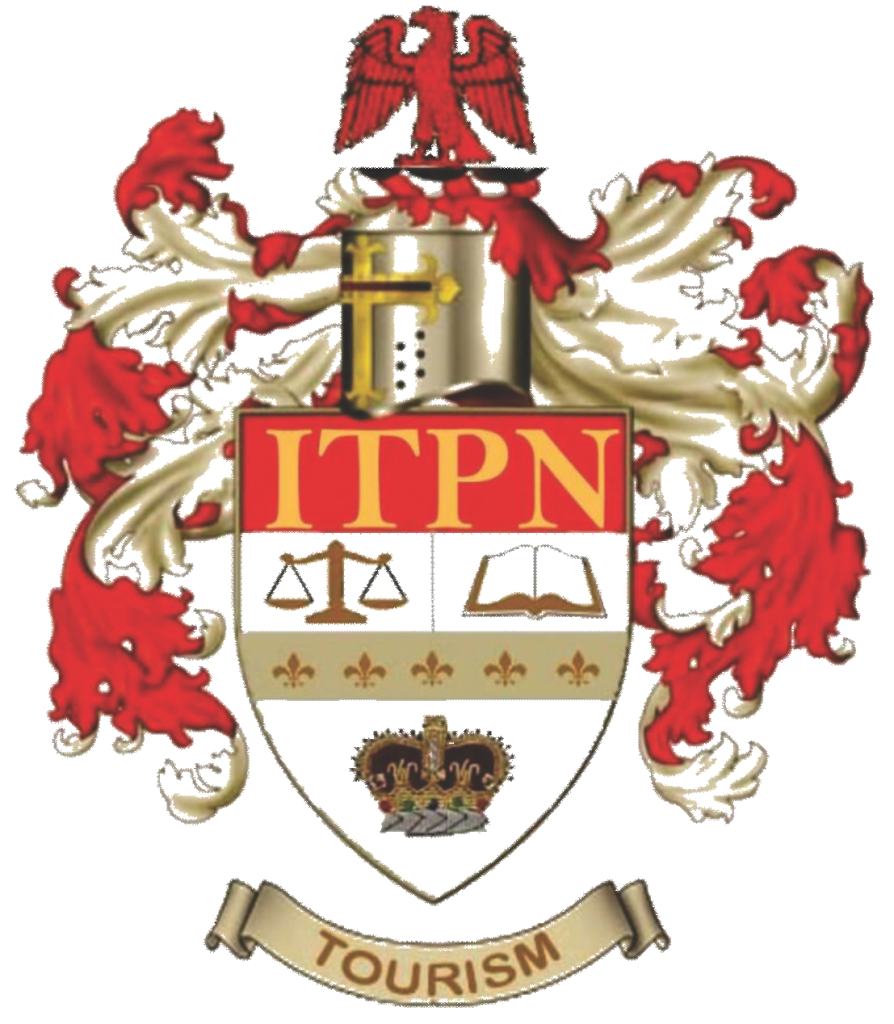National Occupational Standards (NOS) describe what an individual needs to do, know, and understand in order to carry out a particular job or function. National Occupational Standards (NOS) are the identified skills and competences needed by the industry and form the basis of National Vocational Qualifications (NSQs) and vocationally-related qualifications.
How can National Occupational Standards be used?
They can be used to:
- Describe good practice in a particular area of work
- Set out a statement of competence which bring together the skills, knowledge and understanding necessary to do the work
- Provide managers with a tool for a wide variety of workforce management and quality control
- Offer a framework for training and development
- Form the basis of National Vocational Qualifications (NSQs), and a number of other vocational qualifications.
- Educators and trainers use standards to design training and educational programs.
How do National Occupational Standards help employers?
They help employers by:
- Improving quality of goods and services
- Increasing productivity
- Reducing costs for recruitment by providing criteria for the selection of new employees
- Providing a means for better human resources planning
- Helping effective skills upgrading.
- Acting as a benchmark for rewarding experience, knowledge and competence
How do National Occupational Standards help employees?
They help employees by:
- Identifying the skills and knowledge needed for occupations
- Providing a reference to assess ability and training needs
- Identifying and supporting career paths
- Providing guidelines for certification/accreditation.
- Increasing mobility within industries




